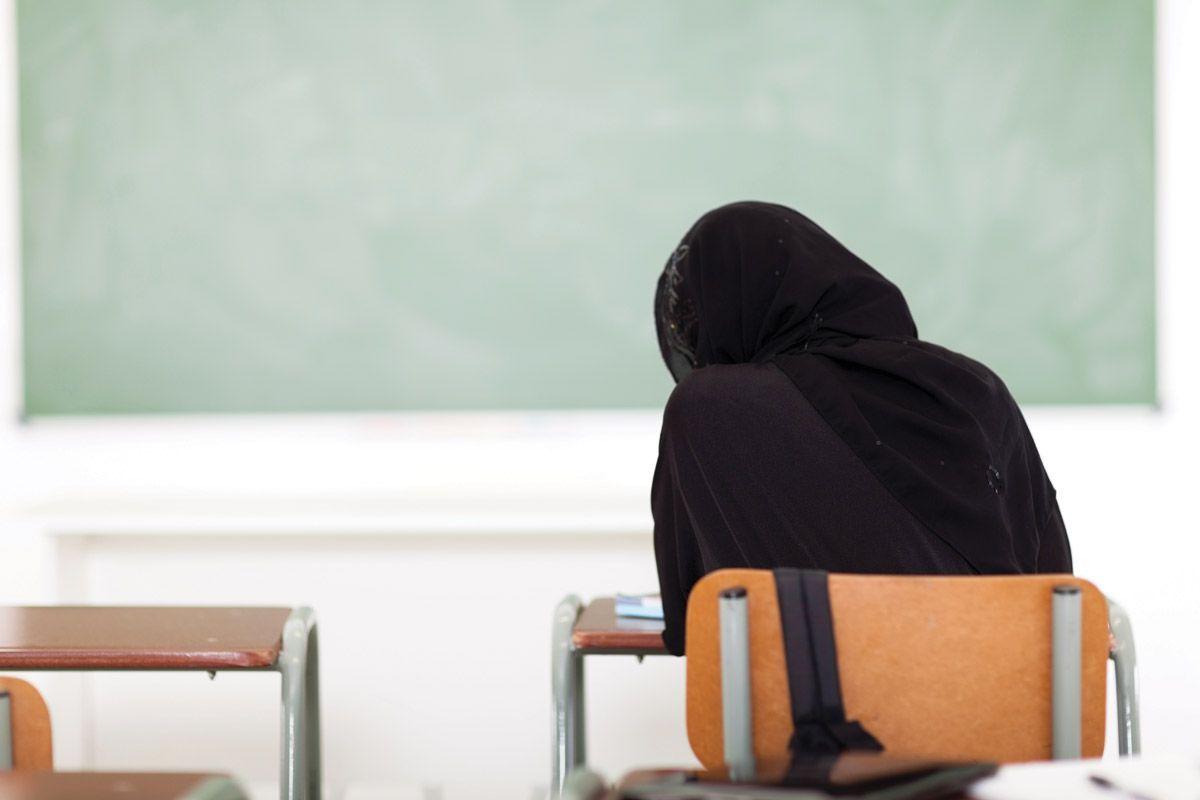In Saudi Arabia, the Shia Muslim community, constituting around 12 percent of the population, has long faced systemic discrimination and restrictions on religious freedom. This marginalization permeates various aspects of life, including religious practices, education, employment, and the justice system. Also, the community has been excluded from certain public sector jobs, and has suffered from[…]
For decades, Indian workers have sought employment in the Gulf region, lured by the promise of higher wages and better opportunities. However, for many, this dream quickly turns into a nightmare of abuse, exploitation, and modern-day slavery. Saudi Arabia, one of the largest employers of migrant labour from India, has repeatedly come under scrutiny for[…]
Context and Background The evolution of women’s access to education in the Gulf Cooperation Council (GCC) countries – Bahrain, Kuwait, Oman, Qatar, Saudi Arabia, and the United Arab Emirates – presents gradual but progressive advancements, reflecting broader societal transformations in the region. In the early 20th century, education for women was traditionally limited, as cultural[…]
Key Findings Saudi Arabia has made notable progress in establishing a legal framework for the rights of persons with disabilities, driven by a combination of domestic legislation and international commitments. Key milestones include the 1987 Legislation of Disability, the 2000 Disability Code, and the 2023 Saudi Law on the Rights of Persons with Disabilities (SLRPD).[…]
Saudi Arabia, governed as an absolute monarchy under a strict interpretation of Sunni Islam, has long faced scrutiny for its religious freedom policies, particularly regarding the treatment of Shia Muslims and other religious minorities. As the birthplace of Islam, the kingdom enforces a legal and social framework that prioritizes Sunni Islam, specifically its Wahhabi doctrine.[…]









